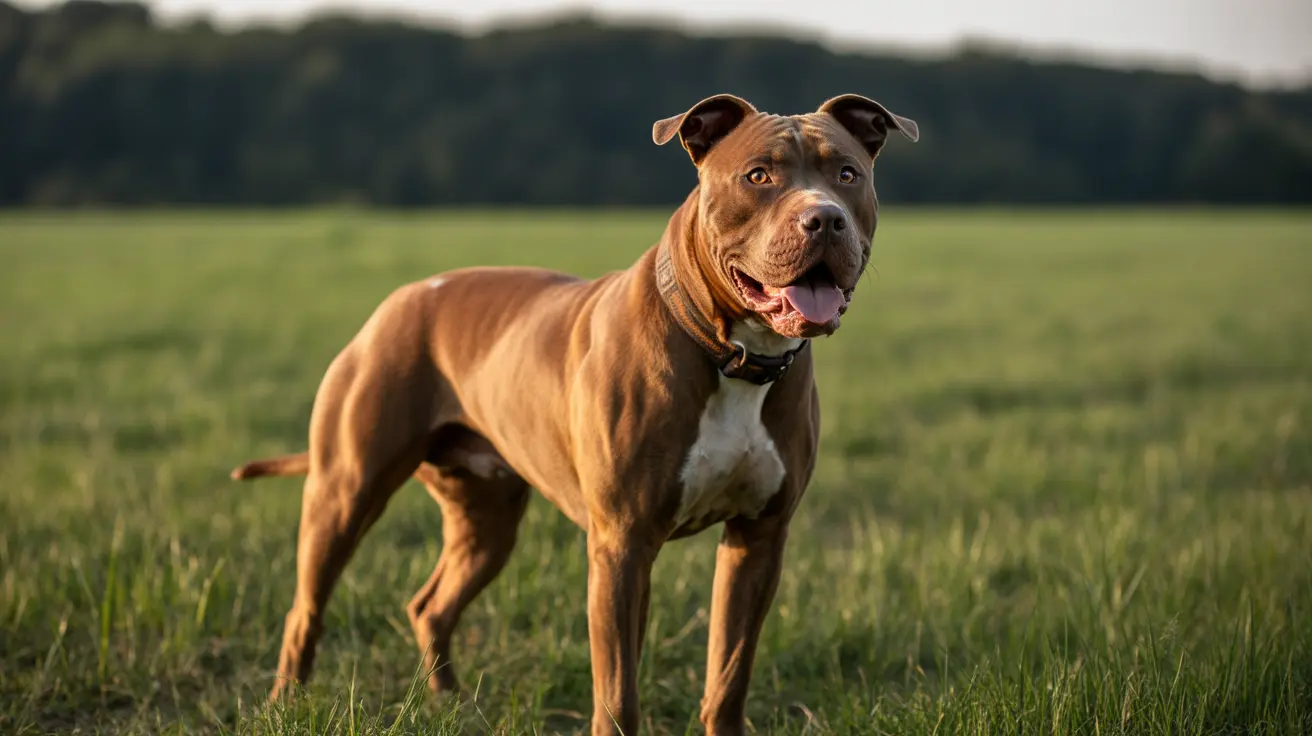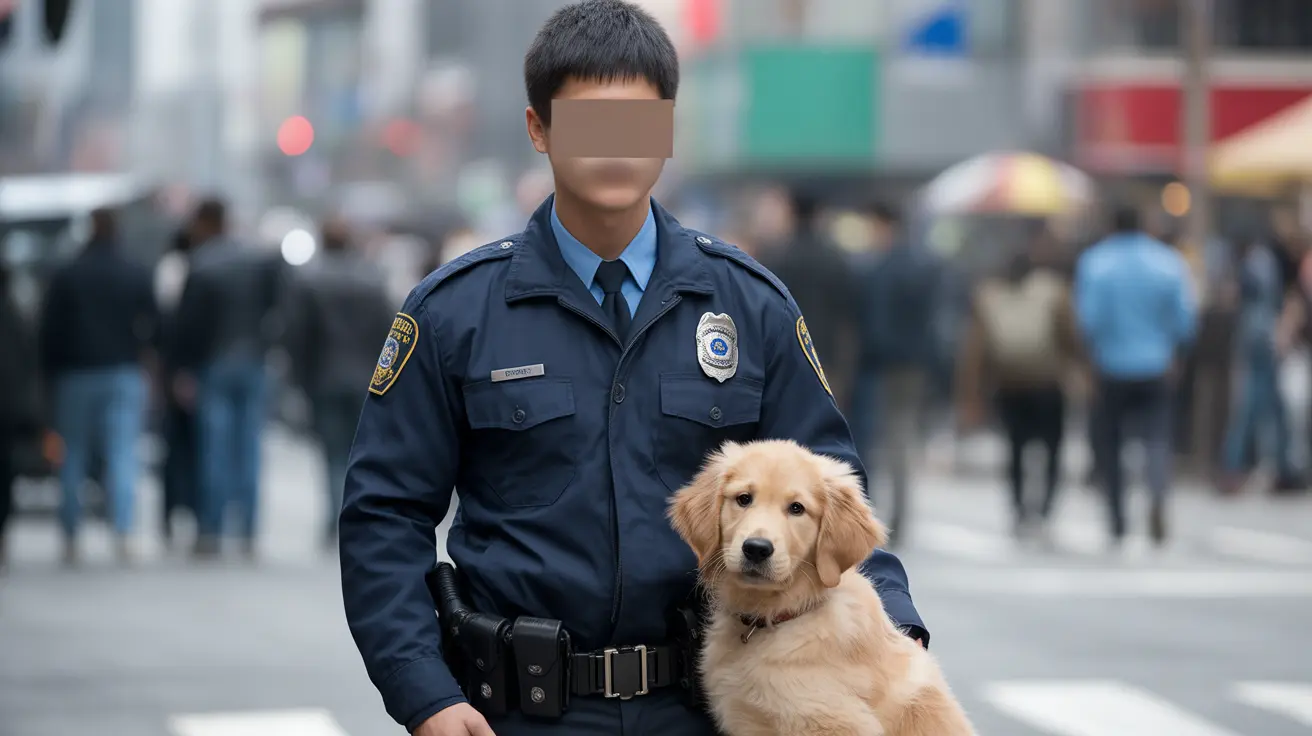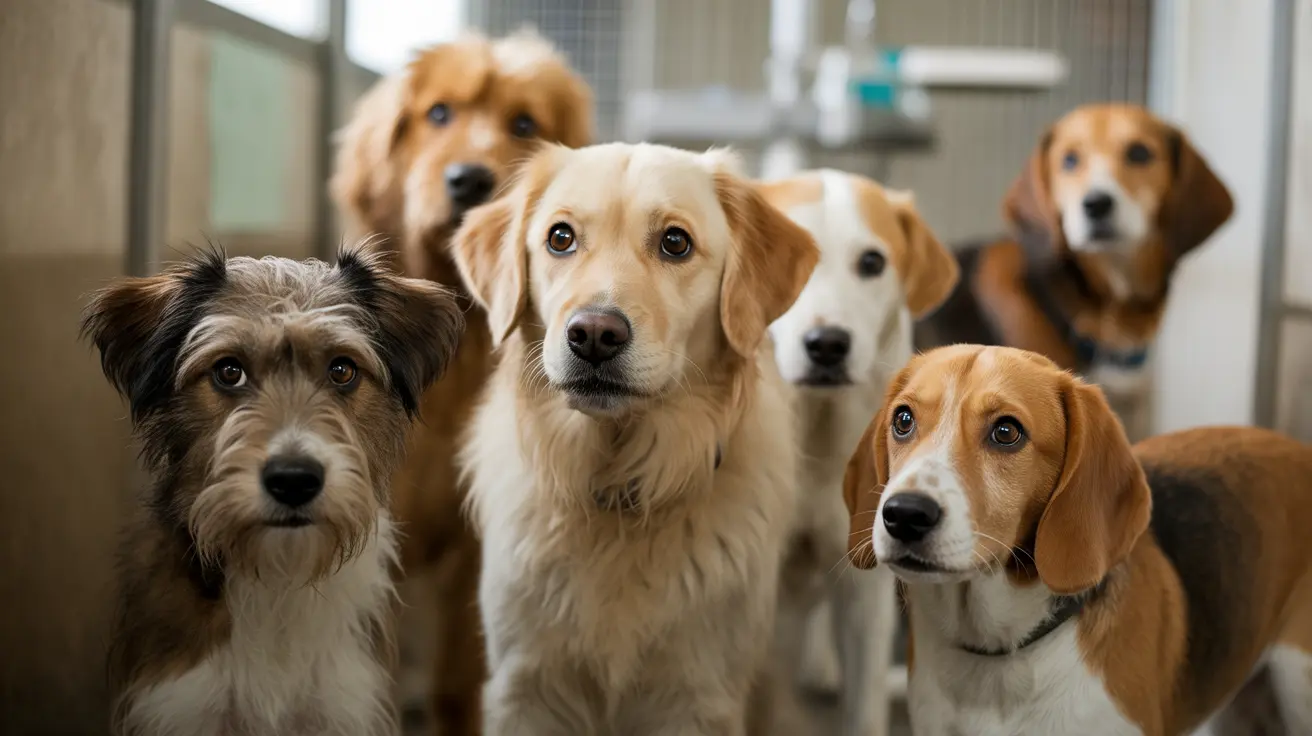Understanding and Treating Onion Poisoning in Dogs
Onion poisoning in dogs is a serious and potentially life-threatening condition. It occurs when a dog ingests onions or foods containing onion derivatives, which are highly toxic to canines. Fortunately, while there is no specific antidote for onion poisoning, prompt and appropriate veterinary care can greatly improve a dog’s chances of recovery.
Why Onions Are Toxic to Dogs
Onions, along with other members of the Allium genus—such as garlic, leeks, shallots, and chives—contain N-propyl disulfide, a compound that causes oxidative damage to dogs' red blood cells. This damage leads to hemolytic anemia, a condition where the red blood cells rupture and are destroyed at a rapid rate, reducing the body's ability to transport oxygen effectively.
Common Symptoms of Onion Toxicity
Symptoms typically arise within 24–72 hours after ingestion, but can sometimes take several days to manifest. Early signs may include:
- Vomiting and diarrhea
- Excessive drooling
- Abdominal pain
- Decreased appetite
As toxicity progresses, more severe symptoms can develop:
- Lethargy and weakness
- Pale or yellow gums
- Rapid heart rate and increased breathing
- Red or brownish urine
- Collapse or fainting
The presence of onion odor on breath or visible onion pieces in vomit or feces can further indicate ingestion.
Risk Factors for Severe Poisoning
All dogs are susceptible, but certain factors increase risk:
- Small body size (smaller dogs are affected by lower quantities)
- Pre-existing conditions like diabetes, anemia, or liver disease
- Breeds such as Akitas and Shiba Inus, which are more vulnerable
Toxic Dose Threshold
Toxicity can occur when a dog ingests as little as 0.5% of their body weight in onion. For example, only 100 grams of onion (about one medium onion) can poison a 45-pound dog. Repeated small exposures may also have cumulative toxic effects.
No Cure, But Prompt Treatment Is Key
There is no direct cure or antidote for onion toxicity. However, immediate veterinary intervention can save a dog’s life. Treatment often involves:
- Inducing vomiting (if ingestion was recent and under veterinarian supervision)
- Administering activated charcoal to absorb toxins
- Intravenous fluids to flush the system and support organ function
- Oxygen therapy for dogs with breathing difficulties
- Blood transfusions in severe cases of anemia
Most importantly, do not attempt home treatment or induce vomiting without professional guidance. Quick access to veterinary care drastically improves the outlook.
Long-Term Outlook and Recovery
With early and aggressive treatment, most dogs recover from onion poisoning. However, left untreated, the condition can lead to organ failure and death. Dogs requiring blood transfusions or hospitalization may take longer to recover, but many make a full recovery.
How Veterinarians Diagnose Onion Toxicity
Diagnosis is usually based on:
- Information provided by the owner about potential ingestion
- Physical examination and observed symptoms
- Blood tests showing anemia or presence of Heinz bodies, which are indicators of oxidative damage to red blood cells
Timely diagnosis enables effective intervention.
Preventing Onion Poisoning
The best strategy is prevention. Pet owners should:
- Avoid feeding dogs any onion-containing food, including scraps
- Read labels for onion or garlic powders in processed foods
- Store onions and related ingredients out of reach
- Secure garbage cans and compost bins
- Educate family and guests not to feed dogs table food with onions
Safe alternatives to onion-containing snacks include:
- Carrots
- Green beans
- Pumpkin
- Peas
- Cucumbers
- Fruits like apples, bananas, and blueberries (in moderation)
What to Do If Exposure Occurs
If you suspect your dog has ingested onion:
- Note the amount and form (raw, cooked, powder) ingested
- Contact your veterinarian immediately
- Monitor your dog for symptoms over the next 72 hours
- Document any changes to communicate with your vet
Even minimal exposure can be dangerous, especially for vulnerable breeds. Err on the side of caution and seek medical advice promptly.
Final Thoughts
Although there is no direct cure, early recognition and veterinary treatment offer the best chance for recovery from onion poisoning. Awareness and prevention remain essential to safeguarding your dog’s health. Always be cautious with human food and educate those around you to help keep your pet safe.





